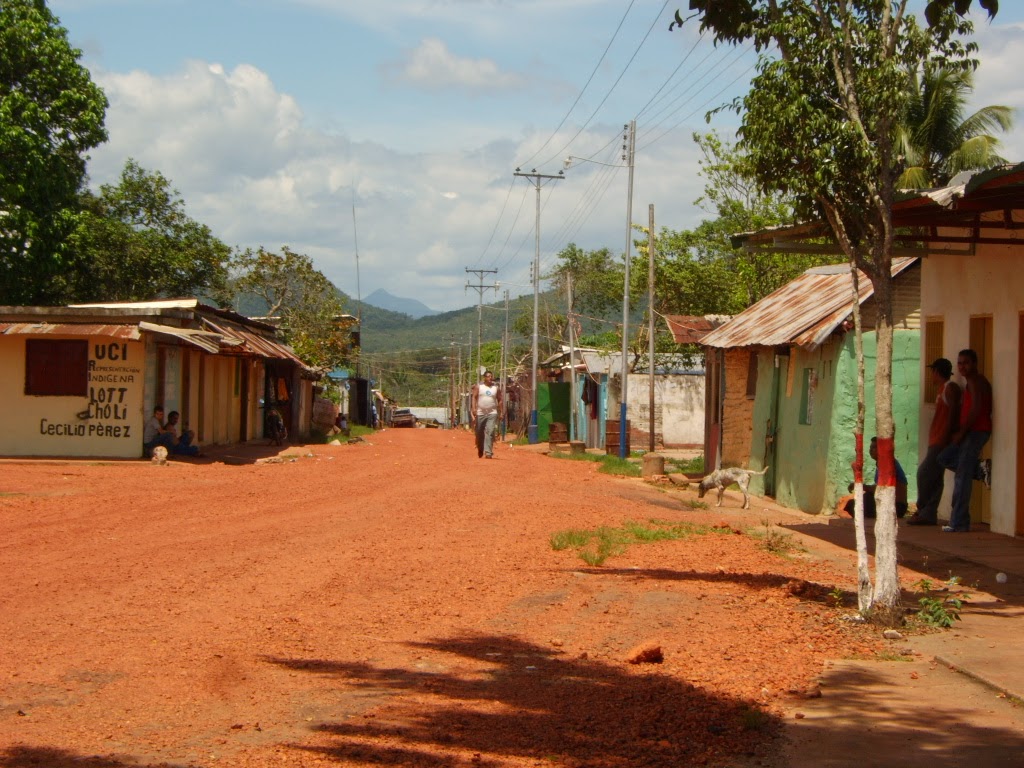Since the arrival of the COVID-19 in Venezuela, the cost of free expression has increased. The most recent victim is political scientist Nicmer Evans. His arrest is a message for the rest of the country: We must exercise the muscle of silence
In mid-2002 I attended an Ignacio Ramonet conference in Caracas, at times when his enthusiasm for Venezuelan Bolivarianism was beginning. After detailing the information manipulation strategies, the end of his dissertation was about how, in contexts of censorship and authoritarianism, citizens circumvent control by mocking their rulers. This could have been taken as odd advice for the future. However, it cost dearly to those who followed him.
In September 2018, in the highest town in Venezuela, two firefighters decided to spend their free time recording a video in which they compared the president with a donkey. Laughing, the almost two-minute video parodied “President Maduro’s inspection of the Apartaderos fire station.” A year had passed since the 2017 protests, which came to an end with a toll of over 140 deaths and saw the government eventually imposing an illegal Constituent Assembly, motivating hundreds of Venezuelans to flee the country. Under that deaf rage, the video quickly went viral.
On September 12, Corporal Ricardo Prieto and Sergeant Carlos Carlos Varón, assigned to Station Number 8 in the town of Apartaderos in the state of Mérida, were detained by officers of the General Directorate of Military Counterintelligence (Dgcim). A few days after the arrest, Nicolás Maduro got upset when an AFP correspondent asked him about the case. The president rebuked Esteban Rojas: “Do you consider that this question belongs in this press conference? Are you a journalist? Where did you graduate? The firefighters were released on October 31, after they were granted probation with a presentation measure every 30 days and a prohibition on leaving the state and offering statements about their case to the media. The crimes they were charged with were “instigation of hatred”, according to the so-called Law against Hate, and “vilification and aggravated public instigation”, according to the Criminal Code. In July 2019, the officers, who had 15 and 10 years of service, were dismissed while their case remains open. Some of their relatives have also suffered retaliation.
The case of the Merida firefighters reflected the dangers of freedom of expression in Venezuela. After the years of Hugo Chávez’s government, Nicolás Maduro’s administration has been characterized by the loss of popular support and the economic crisis, which has increased repression in an attempt to contain the unrest, especially in working-class neighborhoods and slums.
However, if the situation of political liberties was already difficult, the arrival of the Coronavirus has been the opportunity for authoritarianism to step on the gas. The quarantine has neutralized the possibilities of mobilization and denunciation. The information regarding the evolution of the pandemic is exclusively handled by official spokespersons. Anyone dissenting or disclosing different data can face consequences.
In the first two months of the “state of alarm,” 22 journalists and 11 medical staff members were detained for reporting limitations on the approach to the virus. The Academy of Physical, Mathematical, and Natural Sciences released a report estimating that the period between July and September would be the most critical phase of the infection, with up to 2,000 cases a day. The official response was criminalization and discredit. Early in June, the NGO Espacio Público reported that 26 people had been detained since the beginning of the quarantine for spreading online messages critical of the Nicolás Maduro administration. Nine of them were arrested for messages or posts in their WhatsApp statuses.
The most recent case of persecution of free thought has been the arrest of Nicmer Evans, a political activist and director of the digital news site “Punto de Corte”. A long time active member of the Bolivarian project, he became one of the first “dissident Chavistas” who denounced the abuse of power ordered from Miraflores, giving rise to political space that allowed others to follow suit. Through his work in the media and social networks, Evans made use of the same type of harsh and confrontational language that Chavismo reserved for his adversaries. On July 14 he managed to record a message at the time of his arrest: “I was a Chavista but not for this. I was a Chavista and never attacked people. ” Three days later, the 21st control court ordered his arrest for the alleged crime of “instigation of hatred”. The law that stipulates a 10 to 20 years prison term for this reason was irregularly approved by the National Constituent Assembly in November 2017, a body that according to the Constitution has the sole function of discussing a new Constitution, but which has been legislating since its inception. Perhaps for this reason it is insisted, from the outset, on its intended legality: “Constitutional Law Against Hate, for Peaceful Coexistence and Tolerance.”
The presence of officials of the United Nations High Commissioner for Human Rights in the country, expected to be a deterrent to abuse of power, has become a witness of the deterioration. In Venezuela, the Coronavirus is building a “new normal”, with fewer spaces for the exercise of political rights and greater mechanisms of repression. Those of us who are still inside, and refuse to leave the country, are learning to watch our silence, measure the words, and be cautious on WhatsApp forums. Venezuelans are learning to survive a dictatorship.
Translated by: José Rafael Medina.




